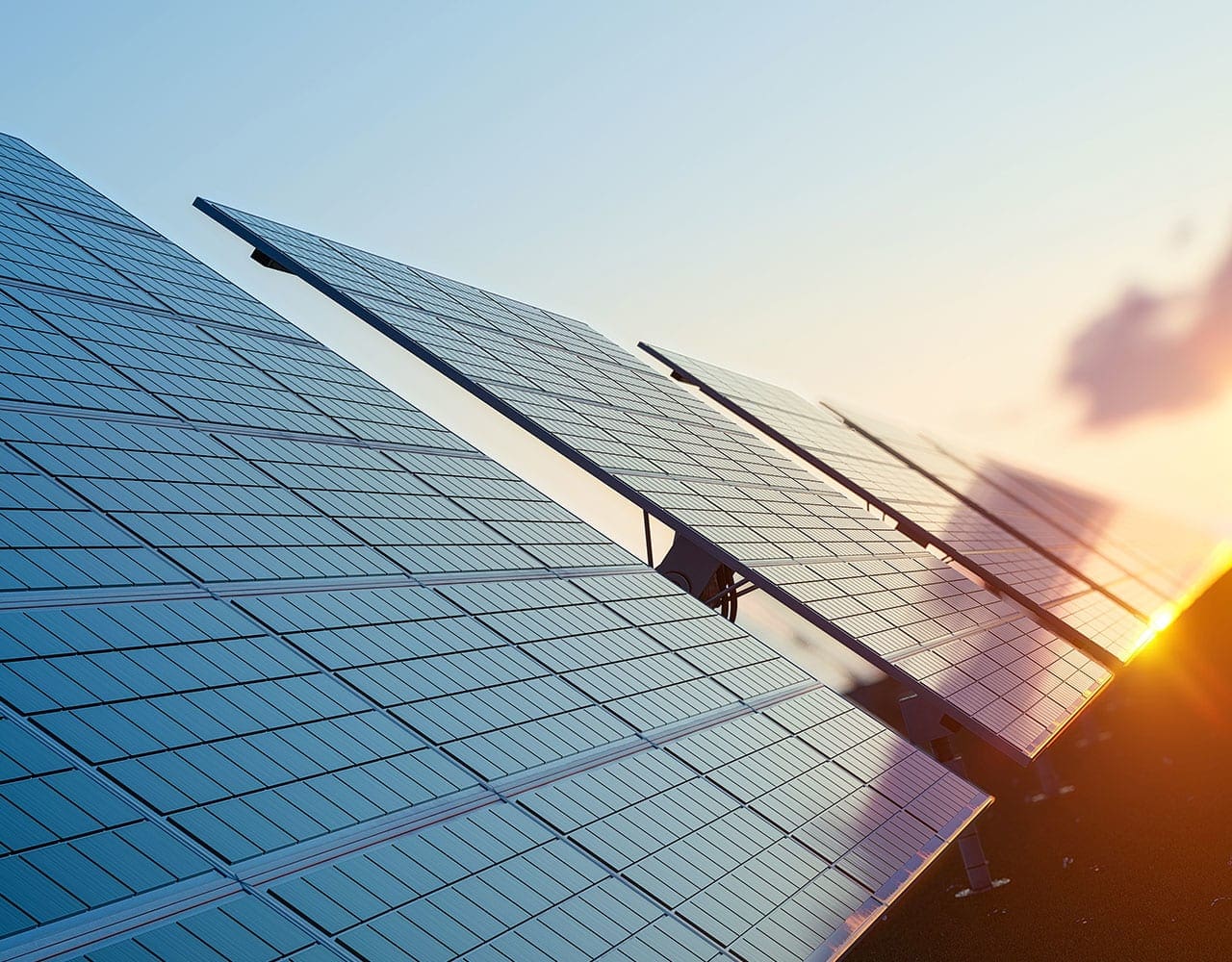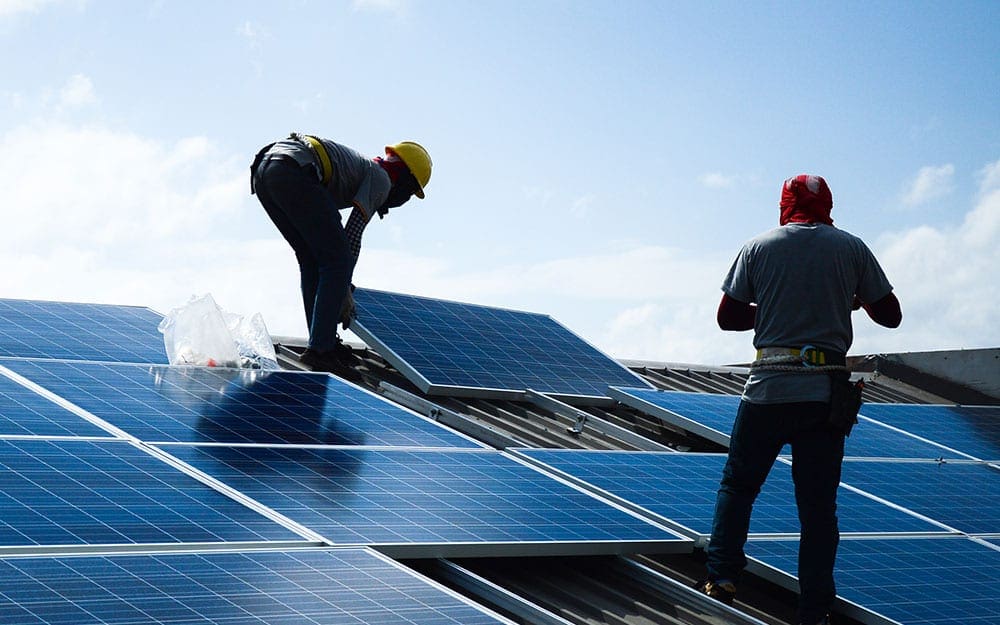Contact our offices
Main office
COLBURN
5 & 6 BAILEY COURT
COLBURN BUSINESS PARK
RICHMOND
NORTH YORKSHIRE
DL9 4QL
Estate Agency Offices are located in
BARNARD CASTLE, BOROUGHBRIDGE & RICHMOND
Residential Management Team
Our Offices
- Alnwick
01665 568310
Email Officealnwick@gscgrays.co.uk - Barnard Castle
01833 637000
Email Officebarnardcastle@gscgrays.co.uk - Boroughbridge
01423 590500
Email Officeboroughbridge@gscgrays.co.uk - Chester-Le-Street
0191 3039540
Email Officechester-le-street@gscgrays.co.uk - Colburn
01748 897630
Email Officecolburn@gscgrays.co.uk - Driffield
01377 337180
Email Officedriffield@gscgrays.co.uk - Hamsterley
01388 487000
Email Officehamsterley@gscgrays.co.uk - Hexham
01434 611565
Email Officehexham@gscgrays.co.uk - Kirkby Lonsdale
01524 880320
Email Officekirkbylonsdale@gscgrays.co.uk - Penrith
01768 597005
Email Officepenrith@gscgrays.co.uk

FARMING THE SUN COULD BE AN OPTION
With farming revenues coming under perpetual strain, diversification of income has been a key theme of farming advice for years.
Renewable energy projects have become a mainstay for landowners considering diversifying their income, but some technologies such as solar farming have been seen as an exclusively non-agricultural development, losing the farmland and restricting the rest of the business, but this is rarely the case. Instead of being an ultimatum, farming the land or harvesting sunlight, solar farms should instead be seen as an opportunity to expand the existing farm business.
In most cases a solar farm will be built by a private investor who will be responsible for the land for the duration of the lease. The grass beneath the panels needs maintaining to prevent the spread of weeds and ensure engineers can always gain easy access. To do this, developers would sometimes have to employ the farmer or contractors to cut the grass and spray weeds which, over 200 acres can be a costly exercise.
The ideal option for both the landowner and the developer is for the site to be grazed by sheep as they are small enough to move beneath the panels safely and cost nothing to the developer. Not only will the landowner be claiming the rent over the site, but they could also have access to 200 acres of grazing land for free.
GSC Grays are actively involved in developing solar farms throughout the country, with a number of projects expected to star t construction before the end of 2020.

In one case planning consent is in place for an Anaerobic Digestion plant beside the solar farm which will need a stock of grass and crops to keep it fed. Normally this would require productive farmland being used to grow energy crops, instead the grass beneath the solar farm can be fed to the plant, generating two types of renewable energy from the same parcel of land.
When the lease expires in 30 years, the panels will be removed and the land can be returned to being actively farmed. If managed correctly during the lease period, it is likely that soil health and biodiversity will have improved, due to the land cover being continually grass and no soil disturbance.
Industries and technology are forever evolving, so while solar farms may be the ‘hot topic’ of today, other technologies will invariably come back into favour in years to come. Not all businesses can wait to see what future technologies may bring, just as the Chinese proverb goes, the best time to plant a tree was 20 years ago, there is no better time to look at an energy scheme than today.










